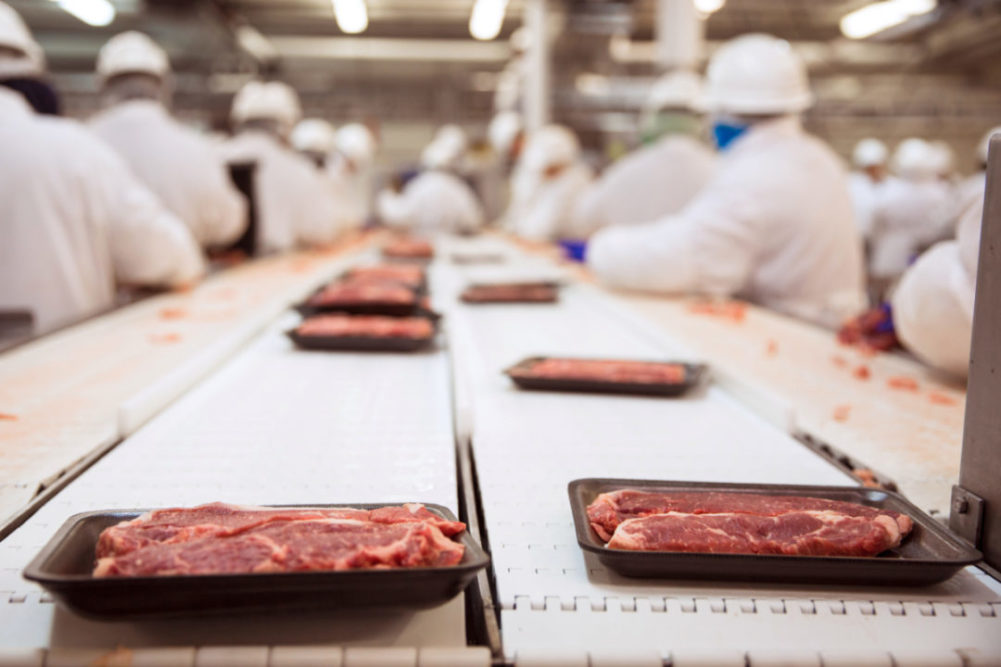LINCOLN, NEB. – A professor at the University of Nebraska-Lincoln received funding from the US Department of Agriculture to study various factors that have affected the meat supply chain since the COVID-19 pandemic began.
Agricultural economist Azzeddine Azzam, the Roy and Judith Frederick Professor of Agricultural Economics at the university, received a $203,752 grant to analyze the cattle sector.
In his research, Azzam will study industry conduct during the COVID-19 plant shutdowns and evaluate the economic developments from expanding local meat processing through the start of small packing operations.
“The issue of market power exerted by packers is nothing new,” Azzam said. “It’s been around since the 1800s, and the industry has gone through cycles, and now we’re at the point where the industry is again highly concentrated. And so, the question is: What’s the result of that concentration? Are producers worse off, or are they better off?”
Azzam added that economists traditionally focused on the tradeoffs in potential market power and the efficiencies achieved by big packers having larger plants. He said the pandemic added resilience as a third aspect.
“When we add more regional or local capacity to the industry, either through opening new plants or expanding the capacity of existing plants, that is going to restructure the industry,” Azzam said. “The questions that I will address are: Will the restructuring make the industry more resilient to capacity disruptions in the event of another pandemic? What are the short-term and long-term consequences for the cattle feeding industry?”
In a separate project in March, UNL revealed plans to build the Small Plant of the Future on its campus to serve as a regional processing hub for local cattle producers and a prototype for smaller facilities.

